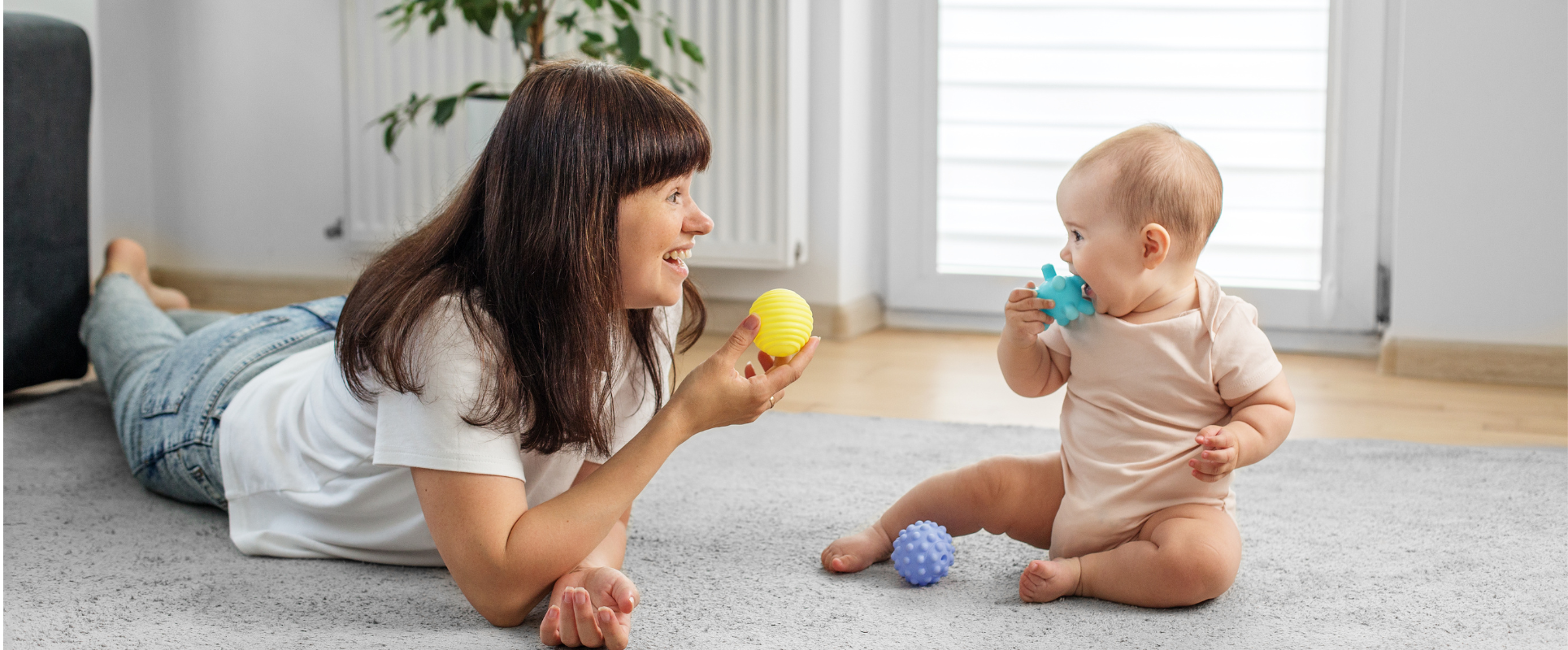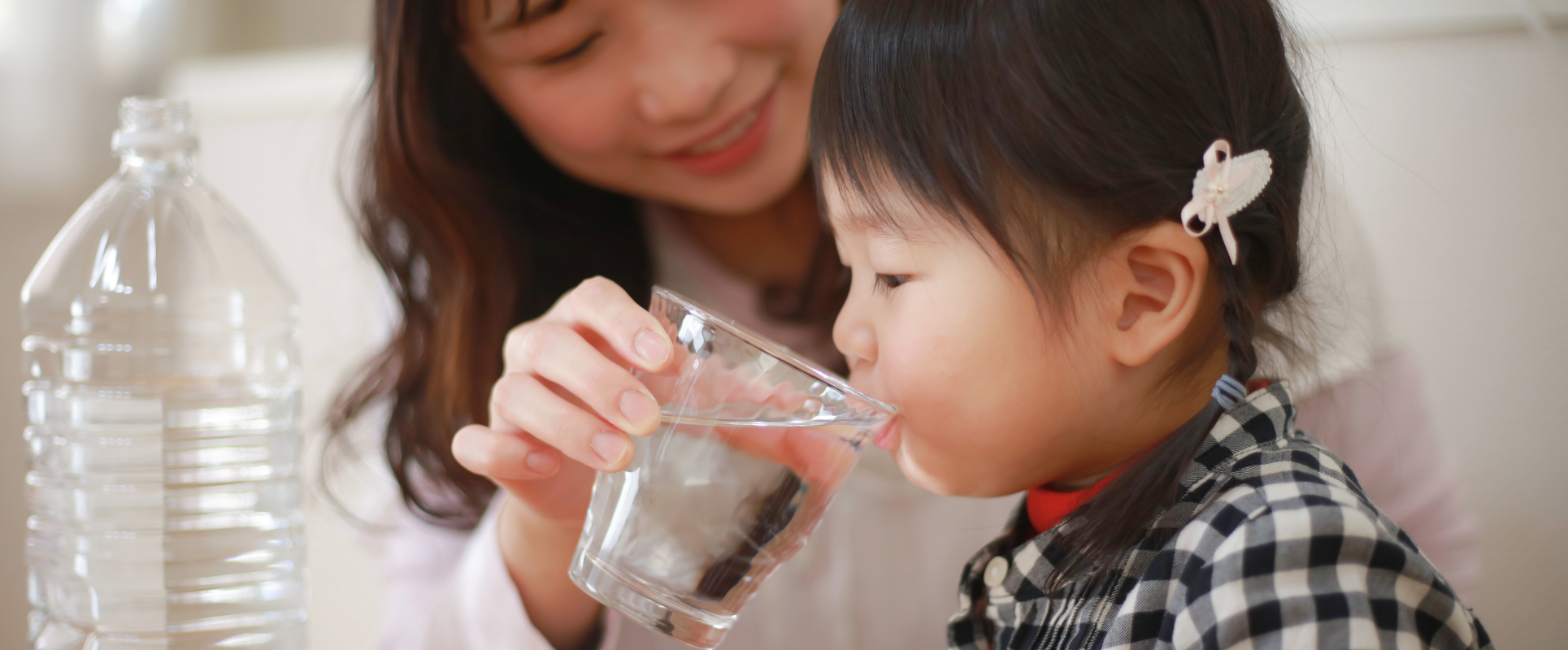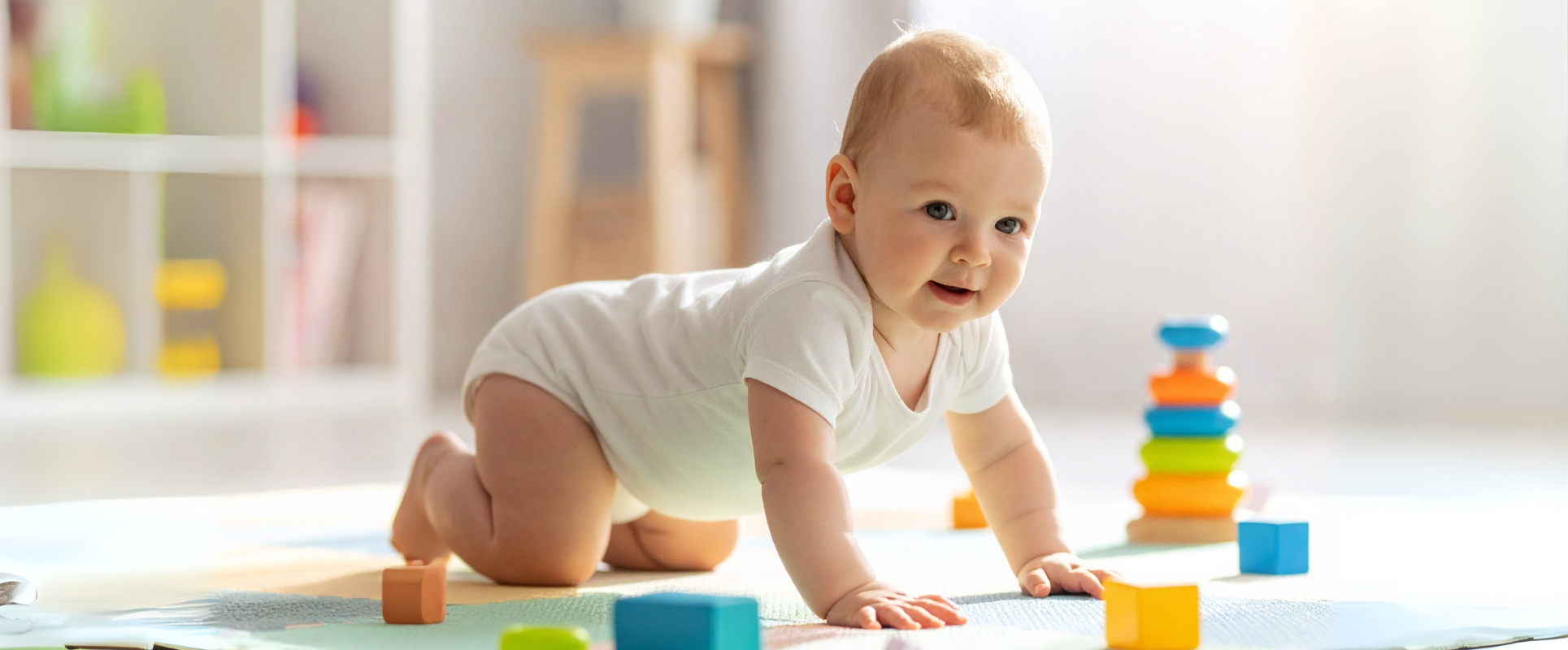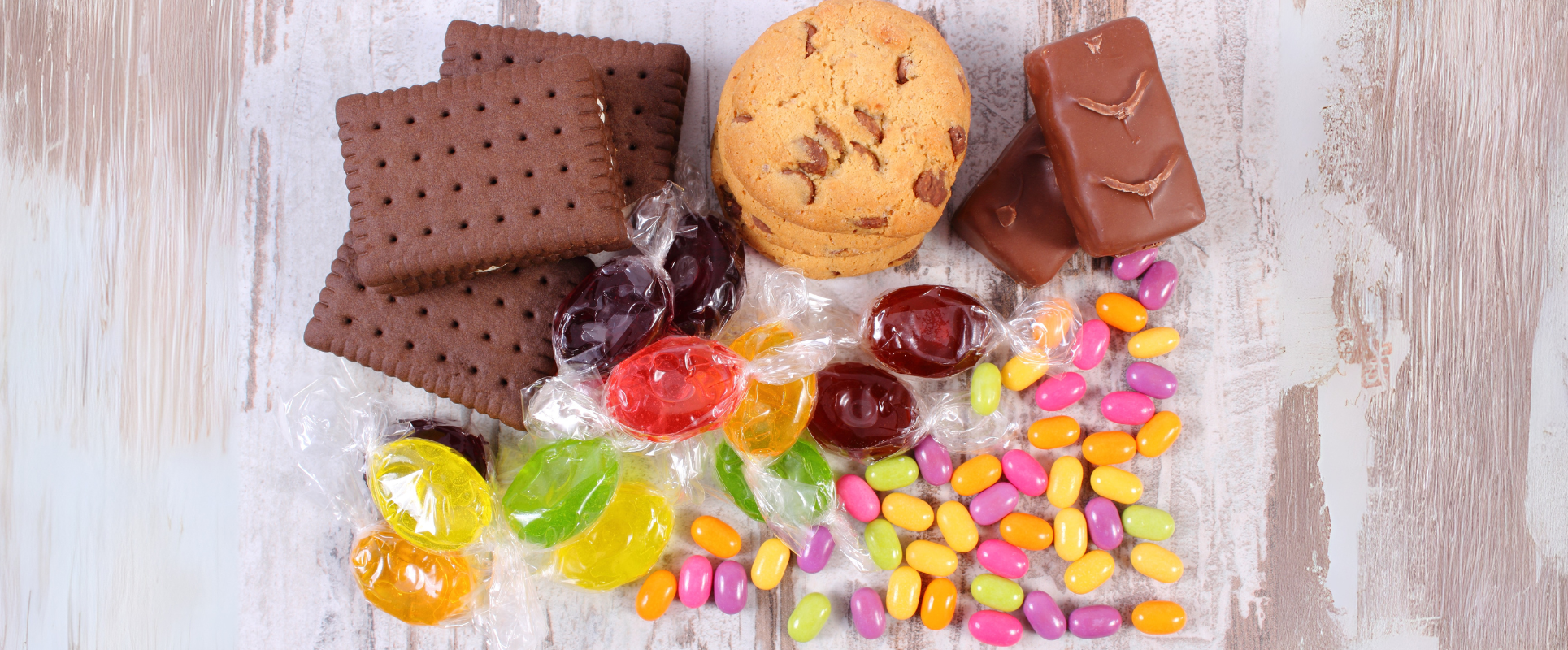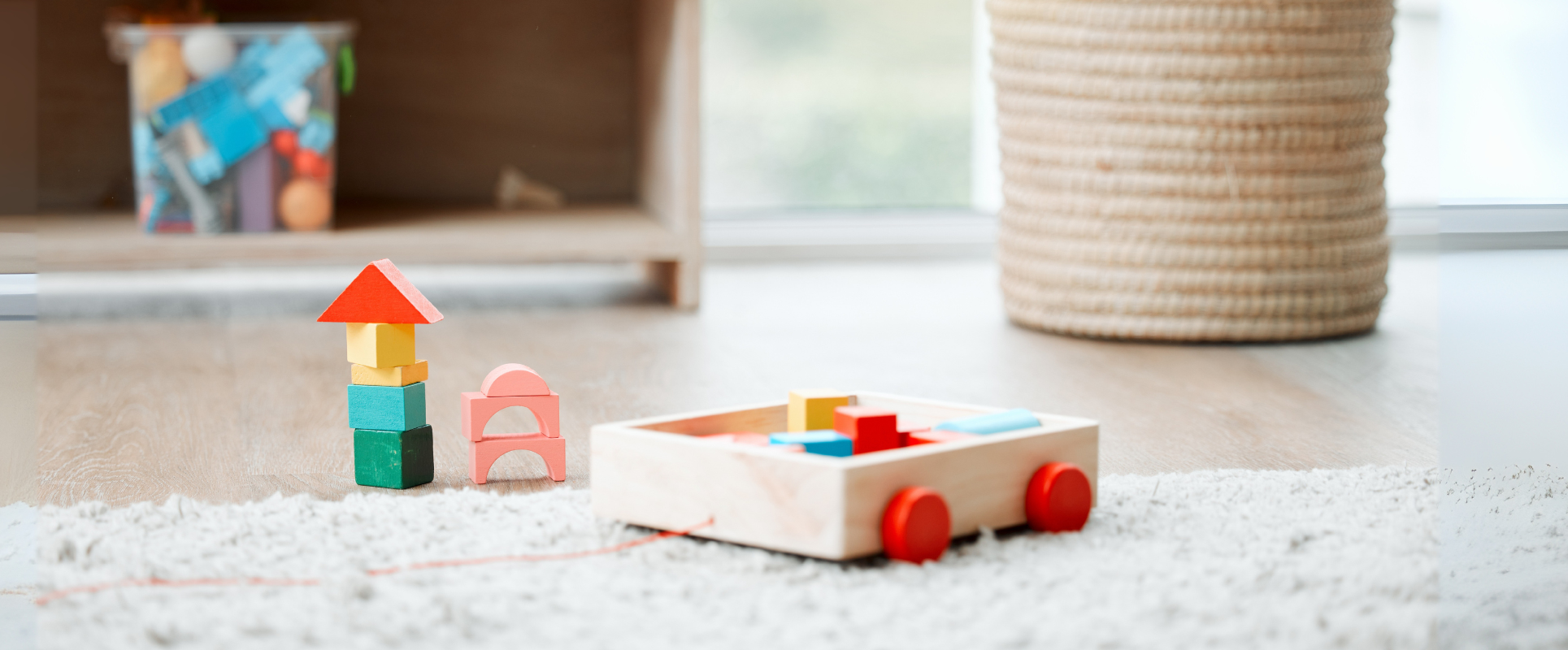
Postpartum Recovery – Gentle Self-Care Tips for a Stronger, Happier You
Welcoming a new baby is a beautiful and life-changing experience — but for mothers, it’s also the start of a physical and emotional recovery journey. Postpartum care is not a luxury; it’s essential to heal, regain energy and nurture your confidence as a new parent. This guide offers gentle, expert-backed tips to support your postpartum recovery with care and compassion.
1. Why Is Postpartum Recovery So Important?
After birth, your body goes through significant changes. Hormones shift, muscles stretch, and rest becomes scarce. Without intentional recovery, many mothers feel overwhelmed — physically and emotionally. Supporting your recovery helps prevent long-term issues like fatigue, pain or postpartum depression.
- Hormonal fluctuations can cause mood swings, anxiety or sadness.
- Weakened pelvic floor and abdominal muscles may lead to back pain or incontinence.
- Sleep deprivation impacts healing and emotional well-being.
2. Common Postpartum Challenges
Every mother’s recovery is unique but common symptoms include:
- Perineal soreness or incision pain (after C-section)
- Constipation or urinary incontinence
- Hair loss or skin pigmentation
- Emotional fluctuations, tearfulness or “baby blues”
3. Physical Recovery Tips After Childbirth
✔️ Nourish Your Body
Eat nutrient-rich meals with vegetables, proteins and whole grains. Drink plenty of water and consider iron supplements if you experienced blood loss.
✔️ Gentle Exercise
After medical approval, begin with light pelvic floor exercises (Kegels). A short walk daily (15–20 minutes) can boost circulation and mood. Later, explore postpartum yoga or stretching routines.
✔️ Prioritize Rest
Sleep when the baby sleeps. Accept help from loved ones — your recovery is just as important as caring for your child.
4. Protecting Your Mental Health
Hormonal shifts and sleep deprivation can affect mood. Don’t hesitate to seek support:
- Talk to your partner or join a mother’s support group
- Track emotions in a journal to notice patterns
- If sadness or anxiety lasts longer than 2 weeks, contact a healthcare provider
5. A Note on Skincare During Recovery
Postpartum skin may feel dry, irritated or more sensitive. Choose gentle, fragrance-free products to avoid irritation.
Final Thought
Postpartum healing takes time — and that’s okay. Caring for your body and emotions is a gift to yourself and your family. Let recovery be slow, soft and supported by love.

